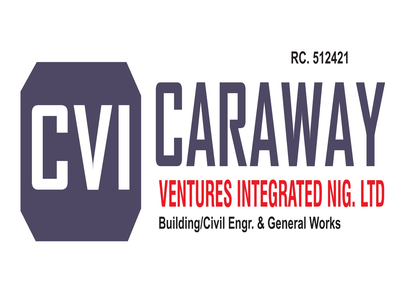
Selecting the right contractor is one of the most crucial decisions in any construction project. Whether you’re planning a residential build, commercial development, or renovation, the contractor you choose will directly impact the quality, timeline, and overall success of your project.
With so many options available, how do you find a reliable, skilled, and trustworthy contractor? This article outlines the key factors to consider when choosing the right construction partner.
1. Experience & Industry Expertise
A contractor’s experience and track record speak volumes about their capabilities and reliability.
Years in business – The longer, the better.
Specialization – Do they have expertise in the type of project you need?
Previous projects – Look at their portfolio for similar completed works.
A well-established contractor with a strong industry reputation is more likely to deliver quality results on time and within budget.
2. Proper Licensing & Certifications
A legitimate contractor must have the necessary licenses, certifications, and insurance to operate legally.
Valid construction licenses – Ensures they meet industry standards.
Certifications & affiliations – Look for accreditation by recognized bodies.
Insurance coverage – Includes liability insurance and workers’ compensation.
Verifying these credentials protects you from legal and financial risks.
3. Strong Reputation & Client Reviews
A contractor’s past performance is a good indicator of future results.
Check online reviews – Look at Google, social media, and industry sites.
Ask for references – Speak to past clients about their experience.
Look for awards or recognitions – Shows commitment to excellence.
A contractor with positive testimonials and strong recommendations is more likely to meet your expectations.
4. Transparent Pricing & Detailed Contracts
A reliable contractor will provide clear pricing with no hidden costs.
What to Look for in a Proposal:
Detailed cost breakdown – Labor, materials, permits, and contingency plans.
Project timeline – Estimated start and completion dates.
Payment schedule – Should align with project milestones.
Avoid contractors who give unclear estimates or refuse to provide written agreements.
5. Quality of Workmanship & Materials
The quality of materials and craftsmanship affect the durability and safety of your project.
Inspect previous work – Visit completed projects if possible.
Ask about materials – Ensure they use high-quality, durable supplies.
Check subcontractor experience – The best contractors hire skilled teams.
A good contractor doesn’t cut corners—they prioritize quality to ensure your project lasts for years.
6. Communication & Professionalism
Clear and consistent communication is key to a successful partnership.
Responsiveness – Do they reply promptly to calls and emails?
Clarity – Do they explain project details in an understandable way?
Professionalism – Are they organized, punctual, and respectful?
A contractor who values transparency and regular updates ensures fewer misunderstandings and a smoother process.
7. Project Management & Problem-Solving Skills
Construction projects come with unexpected challenges. A great contractor must be able to manage issues efficiently.
Strong project management – Handles schedules, workers, and logistics.
Adaptability – Quickly finds solutions to unexpected problems.
Safety focus – Ensures all workers follow safety regulations.
A contractor with good leadership and problem-solving skills keeps your project on track.
8. Warranty & Post-Project Support
A trustworthy contractor stands behind their work with a solid warranty.
Workmanship warranty – Covers any construction defects.
Material warranty – Ensures quality materials are used.
After-project support – Addresses any issues that arise after completion.
A contractor who offers warranties and follow-up support shows confidence in their work.
9. Compatibility & Trust
You’ll be working with your contractor for weeks or months, so trust and compatibility are crucial.
Do you feel comfortable discussing concerns?
Are they open to suggestions and feedback?
Do they respect your budget and vision?
If you don’t feel comfortable with a contractor, keep looking—your peace of mind is just as important as the project itself.
Choosing the right contractor means finding a professional with experience, integrity, and commitment to quality. By considering experience, licensing, pricing, communication, and reputation, you can ensure a smooth and successful construction project.
A great contractor doesn’t just build structures—they build trust and long-lasting relationships!




